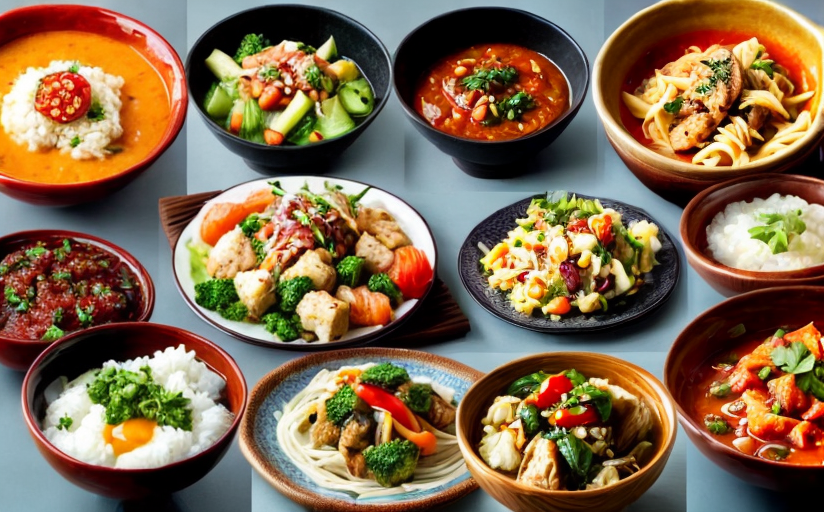Introduction
Cultural heritage significantly influences traditional cuisines worldwide. This relationship between food and culture presents an in-depth perspective on how historical events, traditions, and cultural practices shape the food we eat.
Cultural Practices and Their Influences
Food is more than just sustenance. It is a mirror reflecting our culture, societal values, and history. In Japan, the traditional tea ceremony or 'Chanoyu' is steeped in minimalism and precision, mirroring their cultural values of respect, tranquility and purity. Similarly, the famous French cuisine carries a rich history of chefs and culinary techniques, echoing the French respect for food and dining as a cherished social activity.
The Passing Down of Tradition
Traditions pass down through generations, influencing the evolution of cuisines over time. Italian cuisine, for example, embodies family values with recipes handed down orally from one generation to the next. These long-held culinary traditions reflect the heart of Italian culture.
Impact of Migration and Globalization
Migration and globalization have dramatically altered traditional cuisines over time, introducing new flavors and recipes. Mexican cuisine is a noteworthy example, shaped by influences from Europe and Mesoamerican cultures, while the American staple Pizza was an immigrant tale from Naples to New York.
Interviews with Culinary Experts
I had the honor of interviewing Chef Luigi, a third-generation Italian chef, and Dr. Kimura, a historian specializing in Japanese culinary culture. Both experts provided in-depth insights into the evolution of their respective national cuisines amidst an ever-globalizing world.
Cultural Heritage in Modern Cuisine
Cultural heritage continues to influence modern cuisines, despite the introduction of fast food culture and a trend towards fusion food. Numerous regions continue to preserve their unique culinary practices, even as they embrace new ingredients and techniques. This balance between past traditions and present innovations makes cuisine an exciting field of cultural exploration.
Culinary Identity and Diversity
Preserving culinary traditions helps to maintain cultural identities and diversity. Each dish tells a story of its people's past, reminding us of our interconnected world. As we explore the richness in cultural cuisines, we are indirectly appreciating and keeping our diverse cultures alive.
In conclusion, the influence of cultural heritage on traditional cuisines is evident in various cultures worldwide. Despite the changes brought about by migration and globalization, the essence of our classics remains - preserving our unique cultural identities through the language of food.



















Comments
Leave a Comment